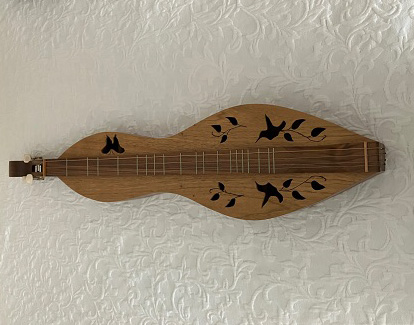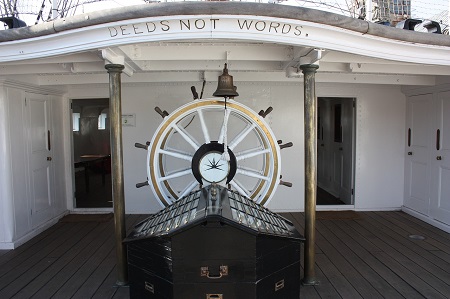On the Same Page
 When we read a book together, we want to be on the same page. To read the same words and see the same pictures gives us mutual understanding.
When we read a book together, we want to be on the same page. To read the same words and see the same pictures gives us mutual understanding.
On the same page means we agree.
We share the same:
- Viewpoint or opinion
- Attitude
- Goals
- Perception
By staying on the same page, we avoid confusion.
We begin and proceed with a similar mindset. As a result, we achieve far more than if our plans or ideas clash.
This remains true whatever we do.
- Work
- Sports
- Academics
- Investments
However, we want to stay on the same page for the right reasons.
Will our choices:
- Honor God?
- Serve the needs of others?
- Challenge us to be the best we can be?
For the best life, go by the best book, the Bible. In it we learn the source of true joy and the challenge to share that joy with others..
“Make my joy complete by being like-minded, having the same love, being one in spirit and of one mind” (Philippians 2:2 NIV).
This idea came from a post by Amy Walsh with Wisdom, Whimsy, and Wordsmithing. Thanks to Tracy Crump for the photo.
Do you have an expression you want explained or a thought about this one? If so, please comment below.
Subscribe to receive my weekly posts by email and receive a free copy of “Words of Hope for Days that Hurt.”
If you enjoyed this post, please share it with your friends.








